
The growing revolt against Chinese ‘conquering’ French farms
Having witnessed its prized Bordeaux vineyards gradually bought by Chinese investors, France is now on its guard against a similar ‘Chinese invasion’ of its farmland
Long before bread riots led up to the 1789 French Revolution, the famished citizens of urban France were deeply connected with rural life.
The attachment to the countryside is embedded in the national identity and spelt out every time that rural environment is deemed to be under threat.
Having witnessed its prized Bordeaux vineyards gradually bought by Chinese investors, France is now on its guard against a similar “invasion” of its farmland. Newspaper headlines in recent months have tried to jolt the collective public mood.
“French fields on the Chinese platter”;
“When China launches the race to buy French farmland”;
“China conquering French farmland”;
And the storming-of-the-Bastille-like exclamation: “Chinese investors storm French farmland”.
From the Indre department in central France to Normandy and Brittany in the west, protests against what is seen as the mounting threat of Chinese takeovers of French farming land have been gaining momentum, culminating in a national demonstration in the Indre at the end of August, on land belonging to the Reward Group, whose slogan is “French fields to Chinese plates”.
The purchase of the 1,700 hectares of farm for wheat, barley and rapeseed made headlines in 2016. On it the multinational firm produces organic wheat for flour for the Chinese market.
It’s all part of Chinese billionaire Hu Keqin’s reported plans to “conquer China with baguettes”.
Billionaire Hu Keqin has bold plan to conquer China with baguettes – and he’s snapping up French farms to do it
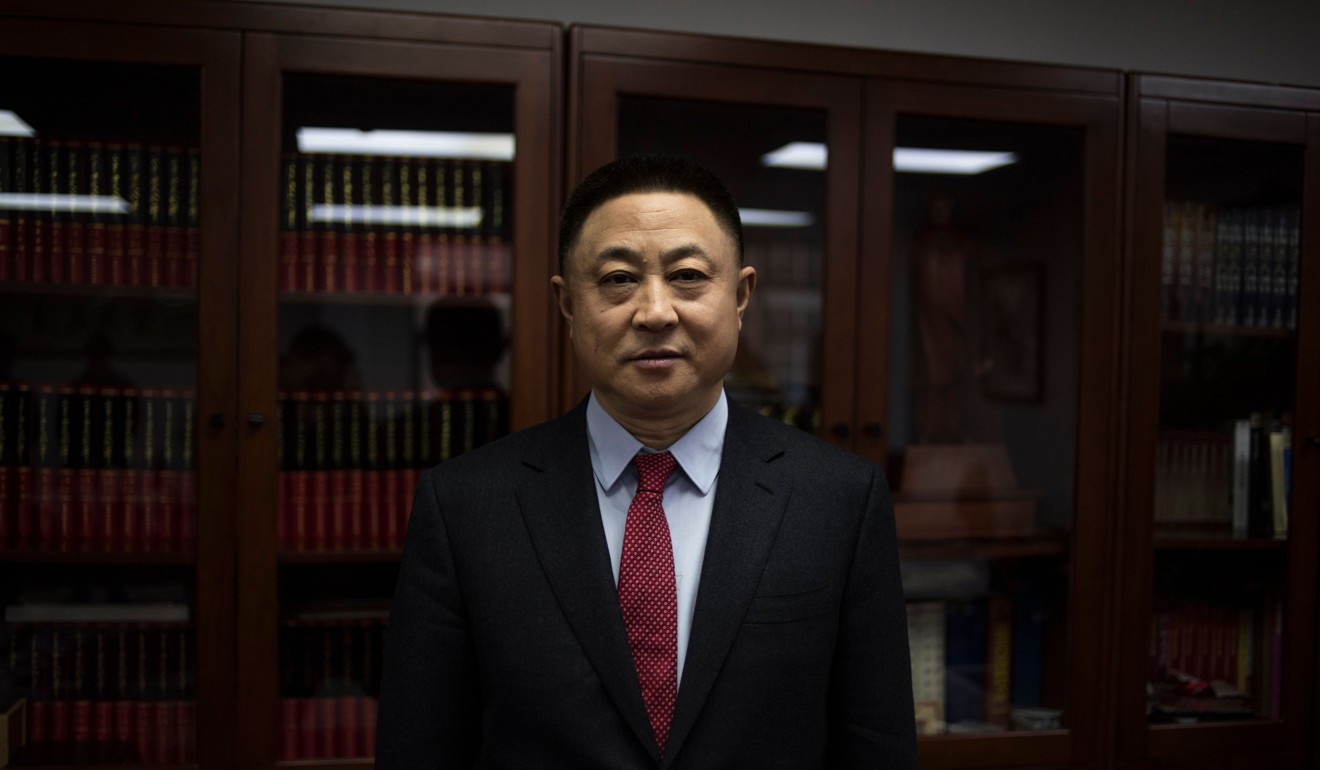
His Reward Group now owns nearly 3,000 hectares of agricultural land in France.
Hu’s plans for 1,500 chic bakeries in China over the next five years hinge on importing top shelf flour from France, Europe’s leading wheat producer, while promoting food security in China.
The group declares on its website that it “has acquired 8 large permanent farms in France, and created joint ventures with the largest French agricultural association, establishing a complete industrial chain that covers agricultural cooperation, flour manufacturing and sales, and translating them by creating a high-end bakery chain”.
The wealthy Chinese whose French dream turned into a nightmare
All that as part of its “it is actively engaged in strategies to “leave the country” and “introduce from abroad”, as it sets about “globally reaffirming the Chinese presence outside the country’s borders”.
Other conglomerates in China are also eagerly “eyeing up the French countryside to produce wheat flour with the coveted ‘made in France’ label”, the French weekly business magazine Challenges reported recently.
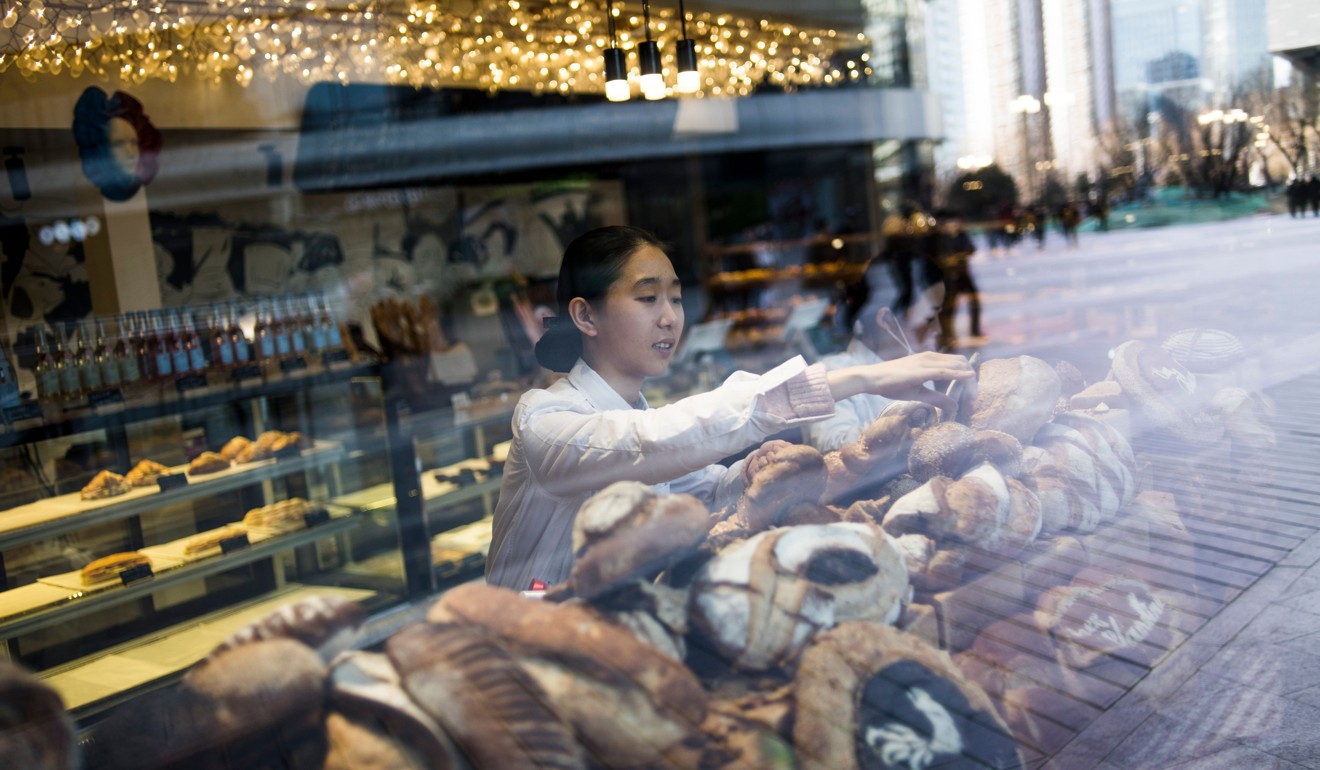
The swelling national protest movement against such acquisitions comes under the banner of the Confédération paysanne, the Small Farmers’ Confederation, whose rallying call is “Reclaiming Mother Earth”.
Laurent Pinatel, a stock breeder from the Loire region of western France and union spokesperson, said: “Today we are witnessing a massive concentration of the means of agricultural production, especially of land ownership, in the hands of a few, to the detriment of regional farming communities, farmer’s livelihood and the French landscapes.”
The union says the French state land agency, SAFER, usually controls the sales of agricultural land, giving it a pre-emption right on the sale of a farm to defend and protect the family farming system which prevails in France.
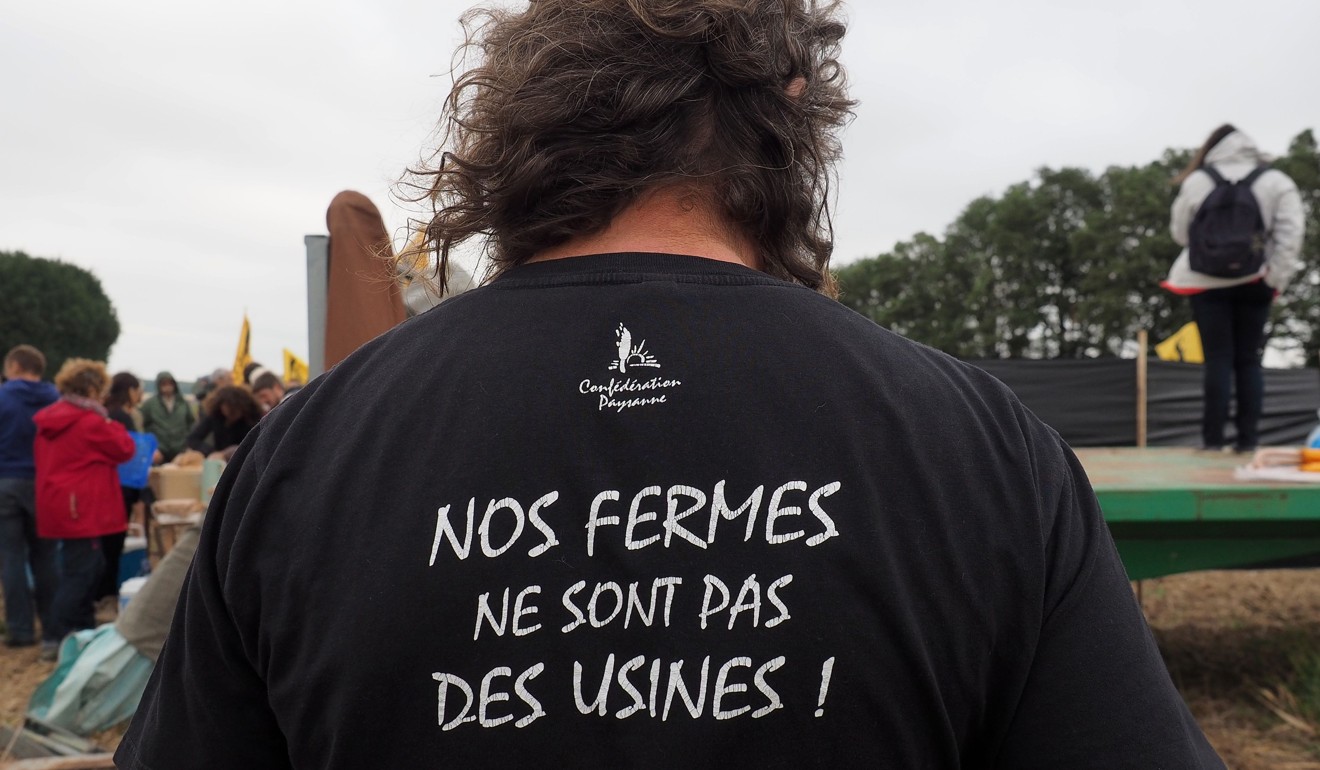
But in this instance Chinese investors are benefiting from a legal loophole which has enabled them not to buy the land itself, but in the case of the Indre, 98 per cent of a company that owned it.
That is a loophole which Pinatel said must be sorted out with stricter laws, on shared ownership of land and the transfer of land titles, which parliamentarians are expected to discuss in coming months.
In February, French President Emmanuel Macron promised “regulatory locks” would be put in place to prevent such acquisitions.
For the regional daily newspaper, La Dépêche, the fact that SAFER was excluded from the Allier sale “raises the question of the food sovereignty of France in the medium-long term” amid the “threat of the national land heritage slipping slowly but surely under a foreign flag”.
“How to resist the ‘jackpot’ in an agricultural sector subject to violent destruction of values?” the paper added noting the Chinese paid up to €12 million for the land, two to three times the market price per hectare.
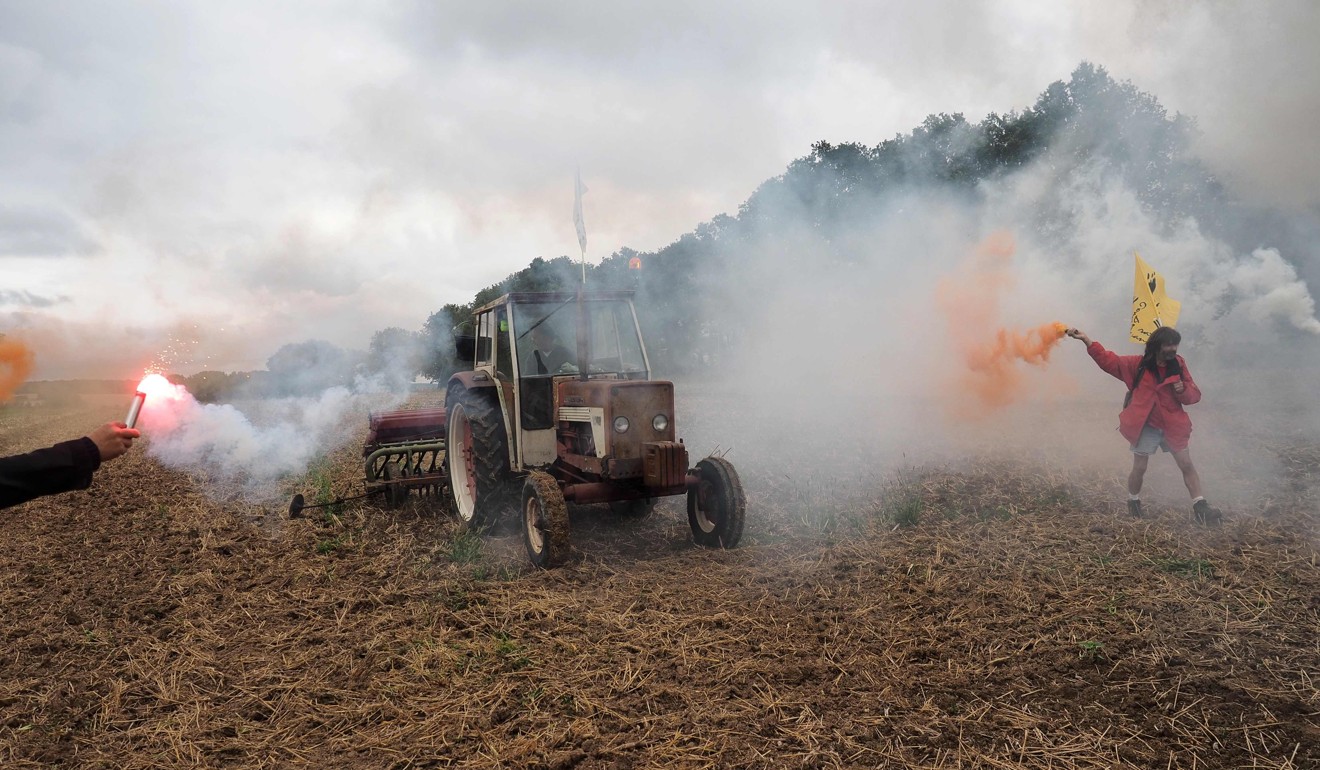
French land is being bought “at the price of gold” other media reports claim, basically because money talks.
“The Chinese have an infallible argument. Money,” concluded a national news report on France 2 television.
“The Chinese offer at least double the going price.”
Tensions are rising it said “between the operator who accepts to work for the Chinese landowners and protesters; because of this speculation, the latter can no longer afford to buy farmland”.
Already faced with the rural exodus, the spectre of Chinese land acquisitions is making the future increasingly uncertain said Yolain Gauthier, a market gardener from Tour in the central west of France.
“We are young, we want to set ourselves up and establish a farming project, but we can’t find financing because there are people with loads of money who speculate on land, on a property, which should normally be protected from all of that.”
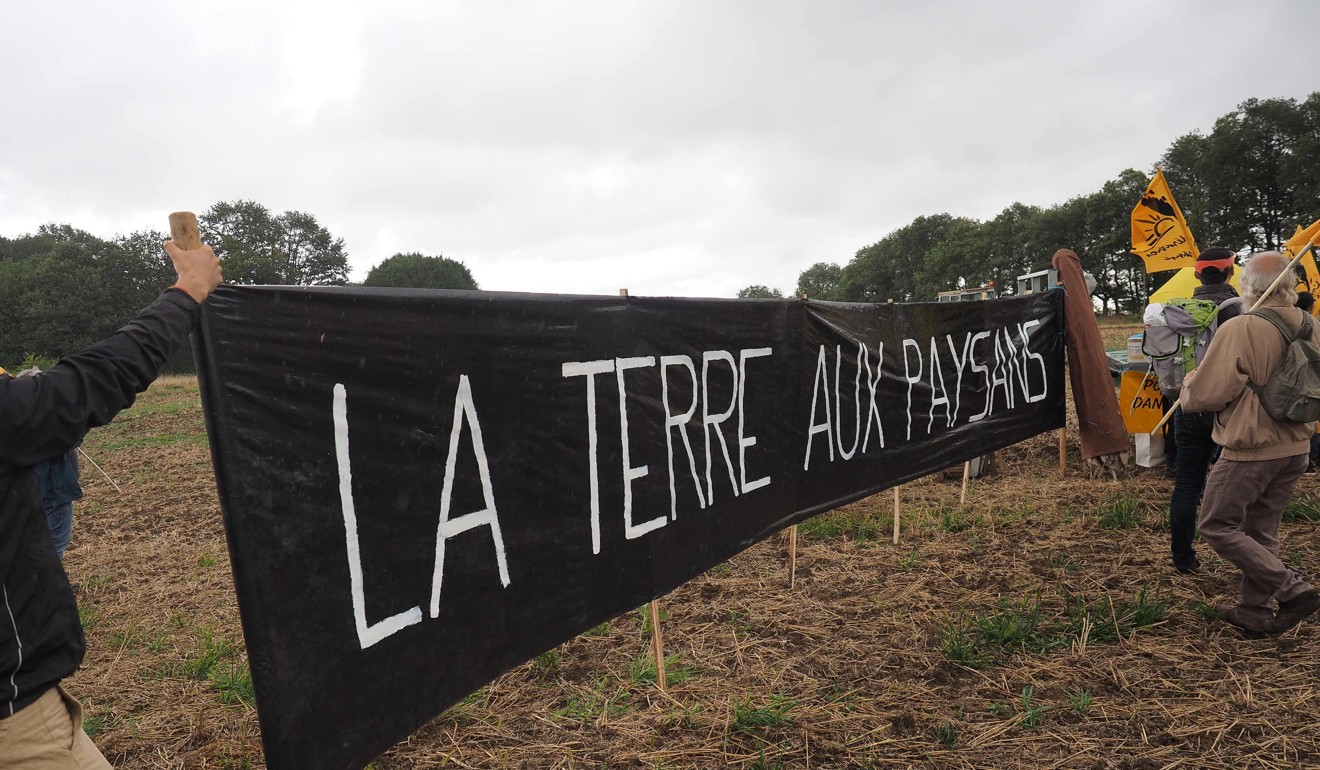
The issue has raised the ire not just of farmers across the country but the public, who see their Patrie (fatherland) under threat.
Another investigative report on France Culture radio put it this way: “We knew of the interest of the Chinese for the vineyards of Bordeaux. But why have Chinese investors purchased several thousand hectares of land in the Indre, bypassing control structures? And with what agricultural ambitions?”
In her report, journalist Anne-Laure Chouin suggested the answer lay with a combination of factors, including China’s overpopulation and food safety incidents.
“More than 1.3 billion Chinese live on less than 8 per cent of the world’s arable land. Land often very polluted. With the rural exodus; a rapidly growing middle class who want to consume more meat and milk; recent health scandals that have seen consumers shun certain local products; and a very severe drought – Beijing is thus turning to abroad.
“China buys huge tracts of land: it produces its soybeans in Brazil, palm oil in the Congo and wanted to take back/claim almost 1 per cent of the cultivable land of Australia in the spring.”
Despite having their countryside at heart, the French farmer’s concerns are universal.
“The problem of land grabbing is not just a Chinese problem,” said Pinatel, who is also a goat farmer and cheese producer in Indre.
“It’s the same when French people buy land in Romania.”

